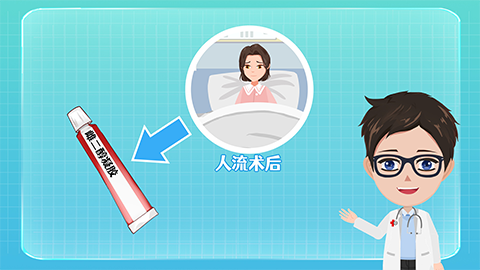Can adhesions still occur after using anti-adhesion medication during abortion?
In general, after a人流 (artificial abortion), if anti-adhesion medications are used and the surgical trauma is minimal with proper postoperative care, adhesions are unlikely to occur. However, if there is severe surgical injury or postoperative infection, the risk of adhesion remains. If concerned, it is recommended to consult a doctor in advance. Detailed analysis is as follows:

If the abortion procedure is performed gently with minimal endometrial damage, and anti-adhesion agents (such as hyaluronic acid gel or intrauterine devices) are promptly administered postoperatively, along with maintaining good external genital hygiene, avoiding sexual intercourse and tub baths, and preventing uterine cavity infection, the endometrium can heal normally. The medication effectively isolates wound surfaces and reduces fibrous tissue formation, resulting in a low probability of adhesions.
However, if the endometrium suffers severe damage during the procedure—especially if the basal layer is affected—or if postoperative care instructions are not followed, leading to bacterial invasion and intrauterine inflammation, even the use of anti-adhesion medications may not fully prevent excessive fibrous tissue growth stimulated by inflammation. In such cases, intrauterine adhesions may still develop, manifesting as reduced menstrual flow, amenorrhea, abdominal pain, and potentially affecting future fertility.
After an abortion, patients should follow medical advice regarding medication, maintain cleanliness and dryness of the external genital area, and avoid infection. If symptoms such as significantly decreased menstrual flow or abdominal pain occur, prompt medical evaluation is necessary.




